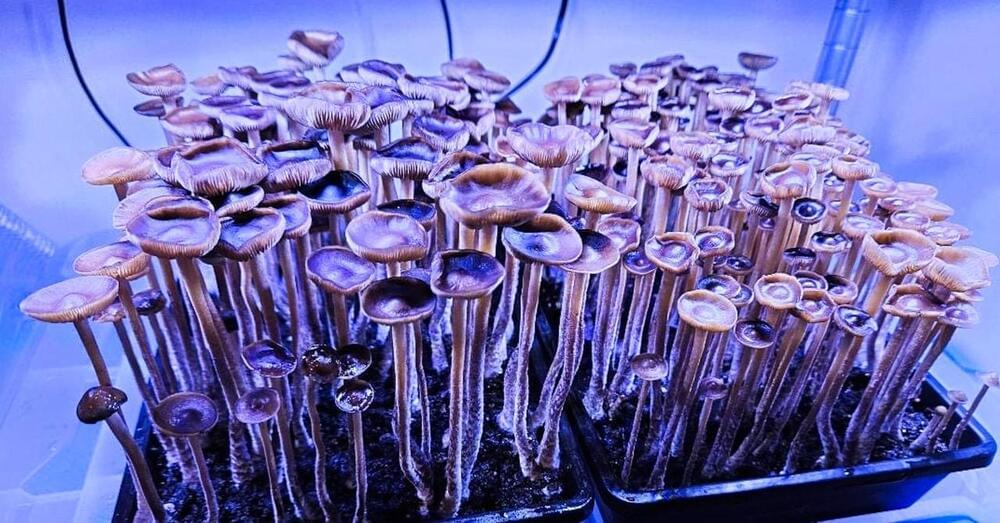Cultivators are using genetic sequencing and are hybridizing cultivars from ever more distant lineages to hunt for improvements, plus sheer aesthetic novelty. Technological advancements have allowed for fungal cells to more easily be manipulated during breeding, and developments in chromatographic potency testing enables growers to dial in on what alteration methods result in stronger mushrooms, which can be sold to consumers at prices in excess of $10 per gram more. The arrival of such methods means the era of amateur “bro science” in psychedelic mycology is over, Mattucci says. The age of uninformed tinkering and anecdote-driven science is giving way to cultivation driven by deeper and more complex scientific—and mycological—knowledge. “This is only the beginning” of super-strength potencies, Mattucci says, “and it’s going to be pretty insane over the next decade.”
One group that may stand to benefit are people who experience gastrointestinal issues from mushrooms, says Sam Gandy, an ecologist and independent psychedelics researcher who is conducting a survey on the variable psychedelic effects attributed to different varieties. Gandy notes that some people suffer unpleasant physical sensations, known as “body load” issues, when ingesting psilocybin mushrooms—particularly P. cubensis. “But testimonials suggest this varies with species and generally the more potent species seem to be smoother on the body,” he says. “At present it isn’t altogether clear why this is the case, but the more rapid release of psilocybin from less fungal matter may be something to do with it,” he says. Others report a better subjective quality of experience with higher strength mushrooms, Gandy adds.
